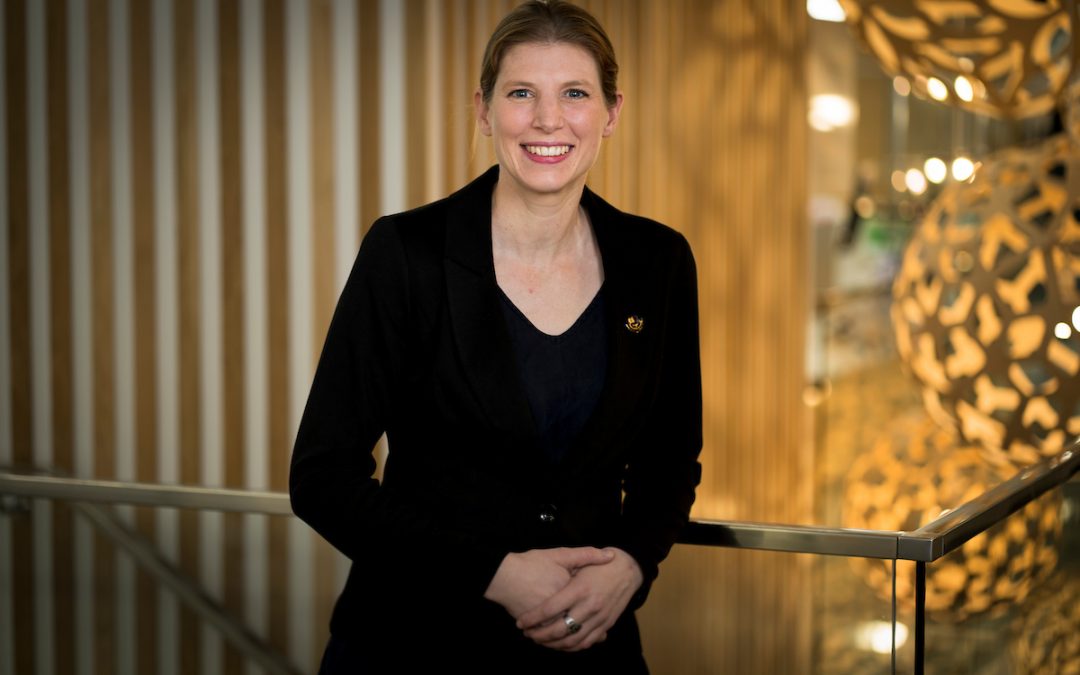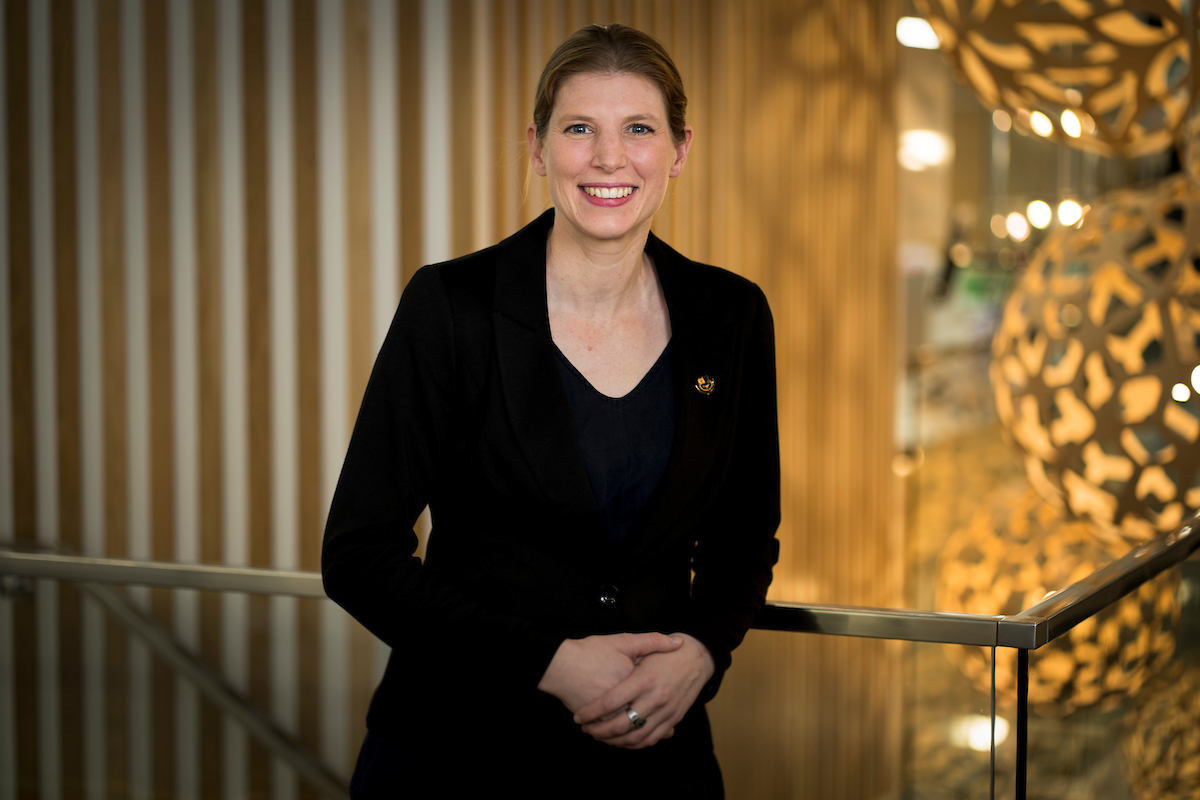Our new myopia clinic has opened here at Southern Eye Specialists. It runs for one afternoon per fortnight, with the potential to expand the service for increased demand.
This clinic meets a growing need for preventative care for young children and for myopia patients who require advice or treatment beyond what can be provided by their optometrist.
Also known as nearsightedness, myopia tends to run in families and, if left untreated, can result in other severe eye disorders such as macular degeneration, detached retinas, and glaucoma. It tends to worsen especially quickly in children as they continue to grow.
For clinic head Dr Elizabeth Conner, this work is vital.
“Myopia prevention is one of the biggest public health interventions we might have to prevent poor vision at a population level, along with management of diabetes and age-related macular degeneration,” she says. “Although we can’t always stop myopia, we will certainly try to reduce the impact of the final result – and having mild to moderate myopia is much safer than high myopia long term.”
Over 10% of the global population is predicted to experience high myopia by 2050 which is a very strong risk factor for visual impairment which cannot be corrected with glasses. One third of patients with high myopia will develop permanent visual impairment in their lifetime.
“At this stage there is very little government funding for this treatment, so parents end up paying out of pocket to protect their children’s vision,” says Dr Conner. “My job is to try and identify children who will benefit from this treatment, especially given the cost and time involved on the part of the parents.”
“Diagnosing progressive myopia is important but we also have to identify other rare diseases which might be causing the myopia.”
Dr Conner is especially hoping to see and monitor children with a family history of myopia, those who have rapidly progressing myopia, and those with associated ocular health problems.
Her aim is for children with axial myopia to be informed about preventative strategies through the clinic, and for all myopia patients under the age of ten to be seen by an ophthalmologist.
It is an obvious passion project for Dr Conner.
“I love the idea that we can not only improve the quality of vision for a patient’s lifetime, and also prevent disease that can cause loss of vision,” she says.
Through co-management with optometrists, Dr Conner hopes to be able to help patients who need their axial length accurately measured and those for whom their myopia cannot be controlled by prescriptions.
Initially, patients will receive a full eye exam including refraction, ocular motility tests, biometry, cycloplegic refraction and a dilated fundus exam. If needed, follow up appointments will likely include refraction and biometry six-monthly, and the clinic will also be able to provide prescriptions for glasses and contact lens fittings when required. Generally patients will be encouraged to see an optometrist closer to home as it is likely to be more convenient.
The first step is to book an assessment. The clinic now welcomes referrals from optometrists and other medical professionals, as well as self-referral from parents who are concerned about their child’s myopia control.

